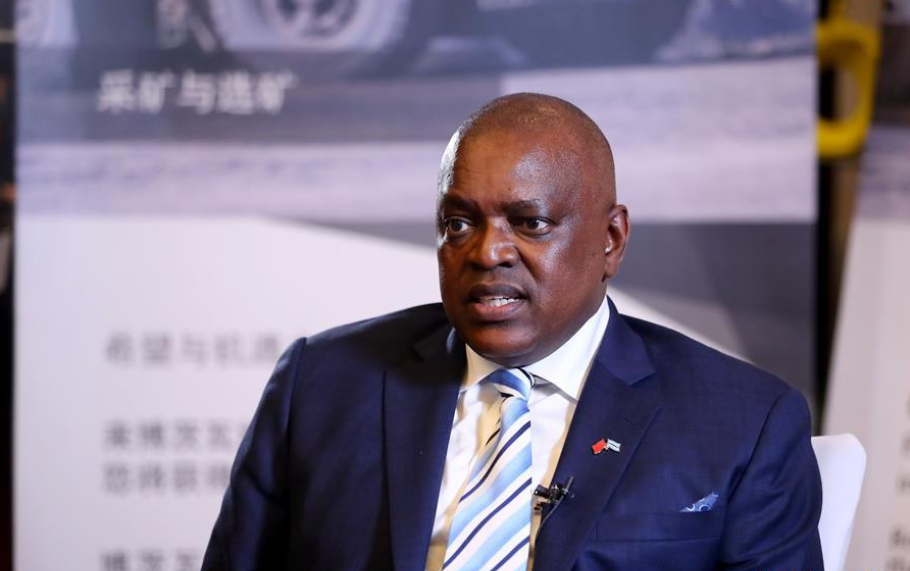
Botswana is known to the world as a country rich in natural resources, its abundant diamond mines making it one of the wealthiest countries in Africa.
In recent years, the country has been attempting to make a transition into a knowledge-based economy.
The Global Expo is the country's most important business-to-business exhibition, and has been successfully held 13 times. This session held from October 30 to November 2 in Gaborone, Botswana, saw the participation of 291 companies from countries including China, South Korea, South Africa and Zimbabwe.
Many Botswanans who attended the Global Expo Botswana 2018 told the Global Times that China is playing an important role to help the country achieve the goal of economic transition.
Of all the African countries, Botswana has attracted the most investment due to its relatively stable political environment, widely spoken English, high national schooling level and abundant labor force.
Today’s Story in the Story looks at why Chinese companies show strong interest in Botswana with low income tax and improving business environment.

Botswana's President Mokgweetsi Masisi receives interview in Beijing, capital of China, Aug. 31, 2018 (File photo: Xinhua)
Located 10 kilometers to the north of Gaborone, the Botswana Innovation Hub (BIH) represents the country's cutting-edge technology. In order to attract new hi-tech enterprises from both home and abroad in areas such as communication, energy and biology, the Botswana government spent 200 million pula ($2 billion) to build the hub, and set up a fund for the newly stationed enterprises.
Alan Boshwaen, chief of the BIH, told the Global Times that the biggest challenge Botswana is facing is its high unemployment rate. BIH can help solve this social problem because it will be both developing advanced technologies and creating more jobs at the same time.
Boshwaen said that the government has set a special fund to support innovative enterprises, and the country will achieve its transition to a knowledge-based economy step by step through this hub. Additionally, BIH will be a pivot for innovation in the country and even the whole of Africa.
Boshwaen said that some companies from China have shown a strong interest in joining BIH, as being based in the hub will allow them to explore the African market.
Botswana places great expectations on China, a country with highly-developed information and communication technology. Reginald Selelo, chief operation officer of the Botswana Investment and Trade Center, travels to China several times a year to seek cooperation between the two countries on new and high technology. Selelo said that the Botswana Investment and Trade Center will establish an overseas office in Shanghai, making it more convenient to do business with Chinese companies.

(Photo: Sina)
Since 1999, the country has adopted more open and free foreign exchange control policies to allow foreign investors, individuals or groups registered with the tax authorities to open accounts in Botswana in US dollars, pounds, or South African rand.
The country has also set a competitive tax plan, which regulates that manufacturing companies can enjoy a 15 percent income tax rate, compared to the global average of 23.6 percent, and 27.46 percent in Africa.
The Botswana central bank also lowered its key lending rate to a historical low level of 5 percent, which is obviously a great draw for businesspeople.
Botswana's good public security environment also gives it an advantage in attracting foreign investment.
However, to avoid potential risks, it is essential to carry out thorough market research before starting a business in the country, especially on its exchange rate.
Moreover, Botswana has a limited market and consumer groups with a small population of just over 2 million, where untested investment is highly risky.
(Produced by Nancy Yan Xu, Elaine Yue Lin, Lance Crayon, Brian Lowe, and Da Hang. Music by: bensound.com. Text from Global Times.)


